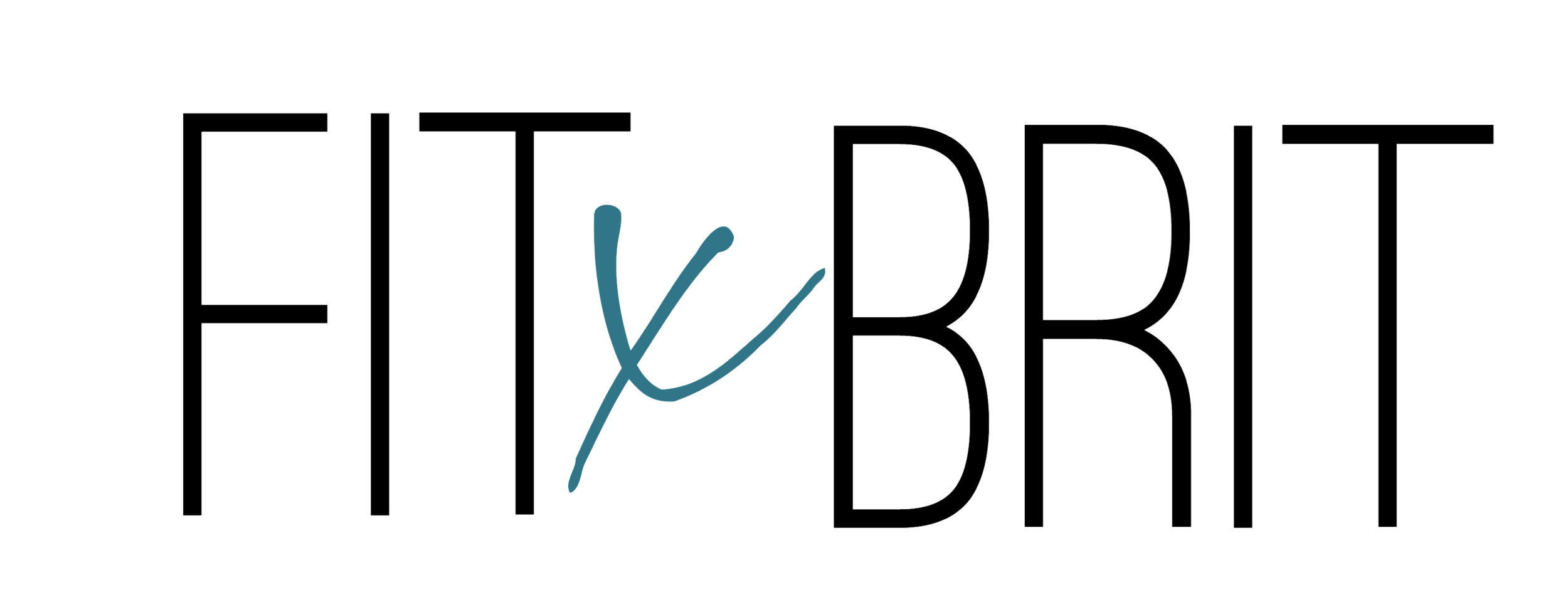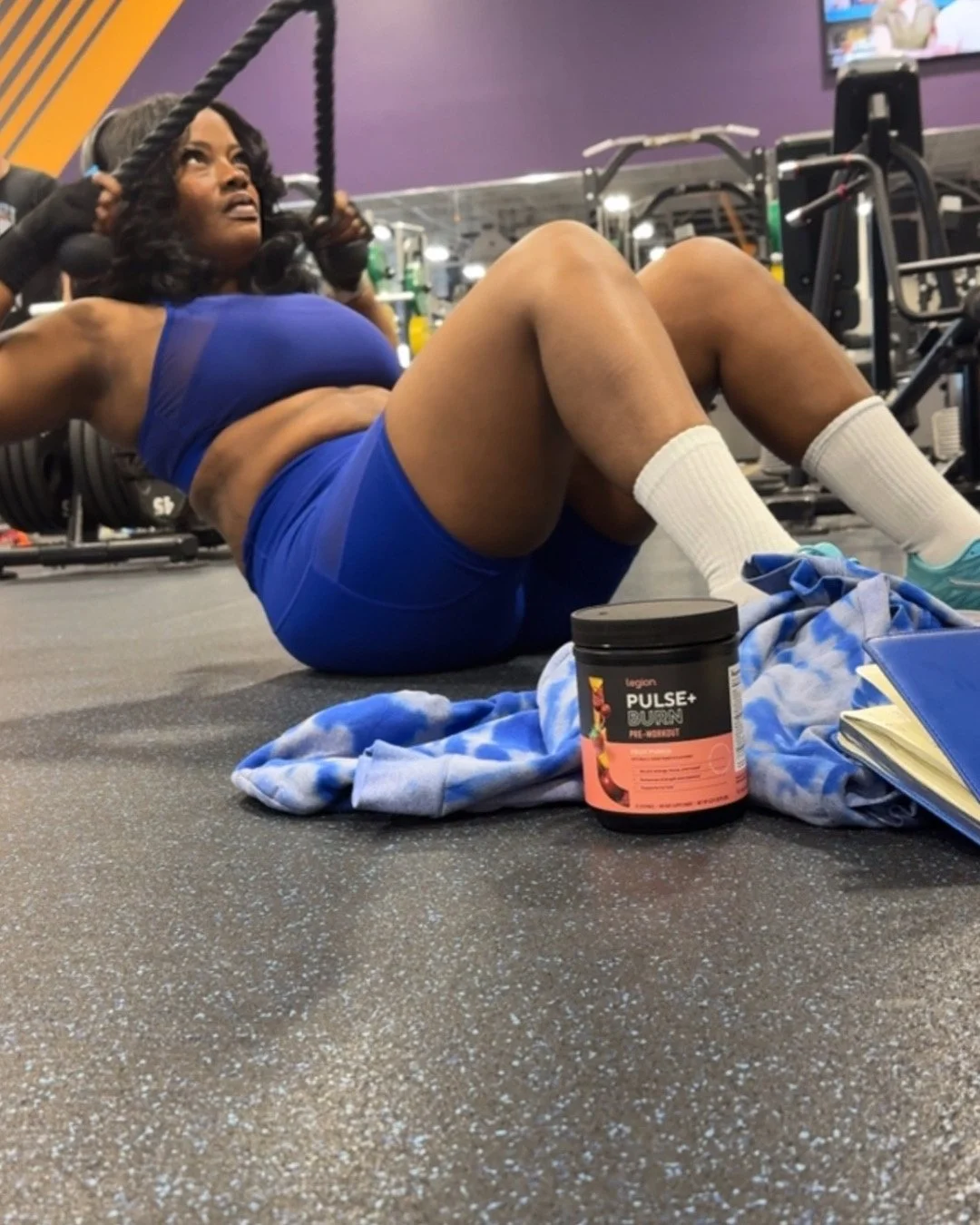Turning Discomfort into Discovery: Open to the Alchemy of Pain
On a scale from 1-10, how much do your shoulders hurt? An executive I coached this morning said his shoulders were in pain about a 7. He was worried about needing to have a difficult conversation with his boss about performance targets for his team and he wanted to make sure his team wasn’t getting overtaxed. Checking in with myself this morning, I noticed about a ‘3’ of stress in my shoulders, having thoughts like: Will this client contract be confirmed? Will I be able to get it all done today? Will I be able to improve a challenging relationship I have?
Is there ever a day where you don’t feel some level of discomfort? Probably not, or maybe there are some rare days you may experience comfort only. And even on these days you my feel a slight ache somewhere in your body, and a little worry roaming somewhere in your mind. Discomfort and comfort are part of life, just like the in- and outbreath. Yet some part of our mind may be holding onto a fantasy that life should be all comfort all the time and that it is our job to make sure we make that happen. We may even feel a sense of failure when we don’t feel good. Did I not get enough sleep? Did I not exercise enough? Should I have anticipated something better? We come up with all kinds of thinking that has us believe that it’s our responsibility to ensure 100% comfort 24/7, or else we are doing something wrong.
What if the “I should be comfortable,” thought is just a hallucination? What if there was a truer way to hold discomfort, knowing it to be part of life? What if we could greet discomfort, together with everything else in life as a gateway for maturation into our wholeness? Then how would we look at discomfort and the rest of our lives differently?
The primary function of our nervous system is to help us survive and it interprets everything as a potential threat to our survival first. “Better safe than sorry,” is its motto. I call the survival orientation of our nervous system lovingly our crocodile, to signify its primitive and reactive nature. For our crocodile a feeling of discomfort means danger. And if we look deeply enough, we may notice that underneath all our crocodilian reactions to discomfort lies a fear of death – no wonder we are so invested in our comfort. The crocodile registers discomfort and, in a split second, broadcasts through our nervous system the worst-case danger scenario, so we feel compelled to fight, flight or freeze for our survival. “Do or die!” shouts the crocodile.
The only job of the crocodile is to keep us safe and it does so by taking zero chances. One sure way to be safe is to translate any change in our environment into a danger signal. The crocodile wants us to believe that we are in mortal danger when we register anything outside of our predictable comfort zone, so we will react accordingly and immediately. I have listed below seven types of discomfort and how the crocodile translates these experiences, and how we react under the influence of these doomsday translations. You may notice the relationship between Maslow Hierarchy of Needs and the 7 Types of Discomfort.
Looking over these crocodilian doomsday translations and reactions you may recognize some of them in yourself, or variations on them. Understandably we think, feel and act in similar ways when we experience discomfort. Remember we are all primarily wired for survival, so no wonder our doomsday translations are not unique. They are universal and very human.
It’s also very human to become curious about these internal doomsday stories. Are they true? Is there another way we can look at discomfort? Once we become aware of our crocodilian auto-pilot translations and reactions, we tend to become curious about an alternative way of being.
What if we approached our discomfort from a different, less reactive place? Then what would become possible? “Life is our greatest teacher,” is a phrase you may have heard somewhere. What if we saw every moment of discomfort as a teacher – a teacher that is here to tell us something about what is true? What if discomfort is a teacher that can help us understand more about ourselves? When Michelangelo was asked how he made the beautiful statue of David he responded: “I saw an angel in the stone and I carved to set it free.” What if we used discomfort as a catalyst to free ourselves from our crocodilian translations and reactions and uncover more of our true being, our angel, our authentic self - what we are truly made of?
Then the discomfort of not enough money may become a teacher about connecting more deeply with our resourcefulness. Having people dislike us may deepen our resolve to stay true to our real values. Facing failure may become an opportunity to strengthen our learning muscle. And facing uncertainty may point us to our heart – how can I open my heart to this situation a bit more, and get to know my heart strength at a deeper level? It’s no coincidence that the word “courage” comes from the Latin word “cor” which means heart. Heart strength comes from inside of us and courage is something we find deep inside of ourselves, often triggered by uncomfortable situations.
Being with pain, our own and that of others, we learn to deepen our capacity for real compassion without needing to fix or rescue anyone or anything. Dealing with complexity, we learn to trust our trans-rational intuition to help guide us to the insights we need; and feeling lost, we may discover something about true humility and the simplicity of living from a state of openness and surrender. Just before his death at age 62 from cancer, my uncle Gerrit commented: “If life has been this much of an adventure, how much greater of an adventure death will be?” When I feel I lost, I try to remember him. How would Gerrit stand on this doorstep into the unknown? What can I learn from him about seeing life, including this moment, as an opportunity to discover more about the mystery of life, with me in it? Seeing this way, discomfort, every single flavor of it, becomes a gateway for us to become familiar with hitherto hidden facets of our true nature.
Try this out the next time you feel discomfort, which is probably now. See what you feel uncomfortable about. What is it? Dare to admit the discomfort and notice the doomsday translations your crocodile may be spinning about it. Is it true what you are telling yourself about this discomfort? Who would you be without your story about the discomfort? What quality of your being comes to the foreground as you free your mind from the crocodilian doomsday narratives? Stay with the inquiry and let the depth of your being teach you about yourself.
What does this back pain tell me? What I have I been taking on my shoulders that is not mine? How can this back pain teach me about letting go and the inner freedom that I have? What does my worry about the day tell me? How can it teach me about learning to trust myself more? What does my restlessness point to? What can I learn about the silence of being that underlies it all?
We can turn discomfort into discovery. All it takes is a shift of perspective, and yes, courage to stay with the raw feelings of the discomfort, in an atmosphere of inquiry. What becomes possible for you when you open the eyes of your heart more to life’s teachings? Watch the discoveries emerge as you open to the alchemy of discomfort.
YOU MAY ALSO LIKE
Hylke Faber serves as a leadership coach and facilitator and leads the coaching organizations, Constancee and the Growth Leaders Network. His first book, Taming Your Crocodiles: Unlearn Fear & Become a True Leader, was released in May 2018 and was soon selected as one of Bloomberg’s 10 Best Books on Leadership in 2018. Through his ongoing collaboration between Constancee and Columbia Business School Executive Education, Taming Your Crocodiles has become the curriculum cornerstone for Hylke’s sought-after online learning series, Leader as Coach. Hylke is a native of the Netherlands, and currently makes his home in Seattle, Washington.












